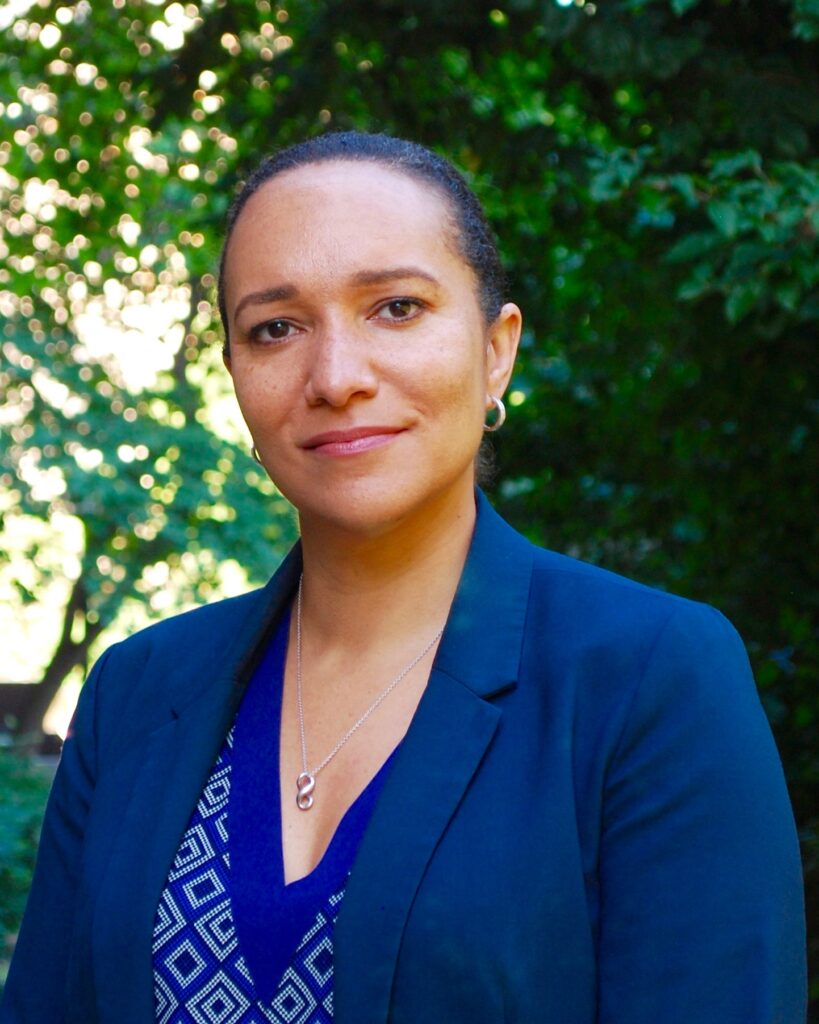 On University of Michigan Week: Higher education institutional responses to COVID-19 may exacerbate education inequalities for Black students.
On University of Michigan Week: Higher education institutional responses to COVID-19 may exacerbate education inequalities for Black students.
Tabbye Chavous, professor of psychology and education, delves into ways to avoid this.
Tabbye Chavous is the director of the National Center for Institutional Diversity (NCID), associate vice president for research, and professor of education and psychology at the University of Michigan. She is also a co-founder, co-director, and principal investigator in U-M’s Center for the Study of Black Youth in Context (CSBYC). Dr. Chavous’ research and collaborations with faculty and student colleagues focus on: identity development among Black adolescents and young adults; achievement motivation processes — including relationships among students’ racial/ethnic, gender, and academic identities; psychological and academic resilience among ethnic minority students; and the impacts of school/campus climates on students’ academic, social, and psychological adjustment.
Higher Education Responses to COVID-19, Black Students and Campus Racial Climates
For many Black students, entering predominantly White institutions is a critical transition, involving novel race-related experiences that shape their adjustment and academic pathways. Racial climate is one experience, defined as students’ personal encounters around race, and perceived campus norms around racial interactions and institutional values.
Black students commonly report negative racial climate experiences in academic and social settings – microaggressions; discrimination; biased, stereotype-based treatment; and isolation. Many also perceive their overall campuses and major departments as hostile, unwelcoming, and devaluing their cultural backgrounds and contributions.
As many institutions move to remote or hybrid remote/in-person learning environments in response to COVID19, they cannot forget about racial climate – and must be accountable for attending to new, different ways Black students may experience the climate, particularly those from communities disproportionately impacted by COVID19 – physically, financially, and/or emotionally. For instance, offensive comments, incivility, harassment, and tokenizing behaviors can still show up in online learning environments or socially distanced living spaces. Pedagogical preparation and practices of faculty, instructors, and staff should incorporate knowledge of how climate issues may uniquely emerge in remote/distance learning and living environments.
Our research also demonstrates strengths and resilience associated with Black students’ racial identities – many draw on their racial/cultural backgrounds and communities to support motivation and persistence, especially when facing racially stigmatizing experiences. As institutions respond to COVID-19, they must be creative in supporting and maintaining culturally affirming structures – Black student organizations, access to ethnic studies and other sources of cultural history and knowledge, and informal opportunities for community building with Black peers, faculty, and staff.

Comments
One response to “Tabbye Chavous, University of Michigan – Higher Education Responses to COVID-19, Black Students and Campus Racial Climates”